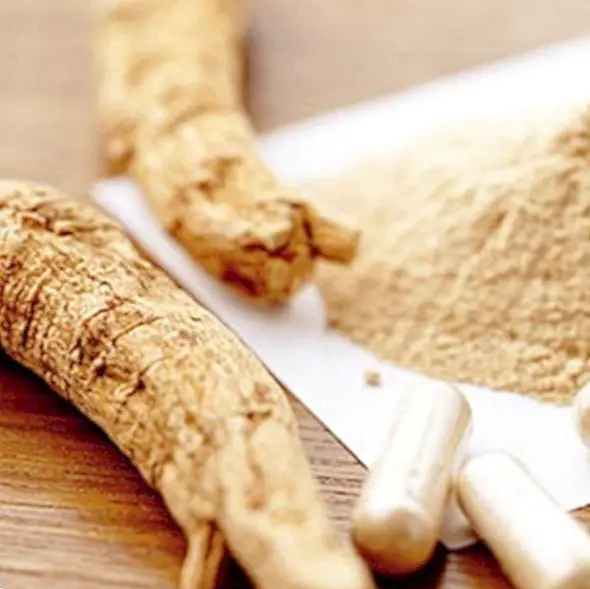Borage infusion: recipe, healing benefits and contraindications
It is quite possible that in these precise moments you already have it in your kitchen, since it is of usual culinary use in the preparation of broths or stews. We are talking about the borage, an annual plant also popularly known by the name of borrago or ox tongue, baptized from a scientific point of view with the name of Borago officinalis and belonging to the borragináceas family. Its origin is found in southern Europe, as well as in Syria and Siberia.
It can reach between 30 to 60 centimeters in height, and is easily distinguishable because its covered parts are covered with silky hairs with a certain abundance. In addition, its leaves tend to be thick dark green and an edge that ripples at its base. It is a more characteristic plant during the months of spring and summer, when it blooms with flowers of five petals of dark blue color to violet.

On its different medicinal and healing qualities, we must from the first moment take into account that its use in prolonged treatments is not advised, due mainly to the presence of pyrrolizidine alkaloids and their possible Liver toxicity when consumed at high doses. Therefore, this time we will discover how to prepare an infusion of borage, which we can take up to three times a day without contraindications, being harmless in the recommended doses.
Borage infusion recipe
The preparation of this infusion is extremely easy and simple. You only need the ingredients that we indicate below and follow the precise steps.
Ingredients you need:
- 1 tablespoon of borage flowers
- 1 cup of water
Preparation of borage infusion:
Put in a saucepan the equivalent of a cup of water, and bring to a boil. When precisely the water reaches the boiling point, add the borage flowers and let it boil for 3 minutes. After this time turn off the fire, cover and let rest 3 more minutes. Finally strain and serve in a cup.

Contraindications of the borage infusion to consider
Although at recommended doses this infusion has practically no contraindications, as it is not toxic in normal doses, it is necessary to attend to its side effects and when it would not be advisable to use it depending on the time or certain conditions:
- During pregnancy and lactation: for its content in alkaloids, which can cross the placenta and reach the fetus.
- Problems of liver: its consumption is not recommended in case of liver cancer, cirrhosis or hepatitis, since it can aggravate these pathologies.
- In children under 12 years old: for its content in toxic alkaloids.
- Before the consumption of certain medications: as for example in case of following treatments based on tricyclic antidepressants and phenothiazine.
Images | ISTOCKPHOTO / THINKSTOCK This article is published for informational purposes only. It can not and should not replace the consultation with a Physician. We advise you to consult your Trusted Doctor.


